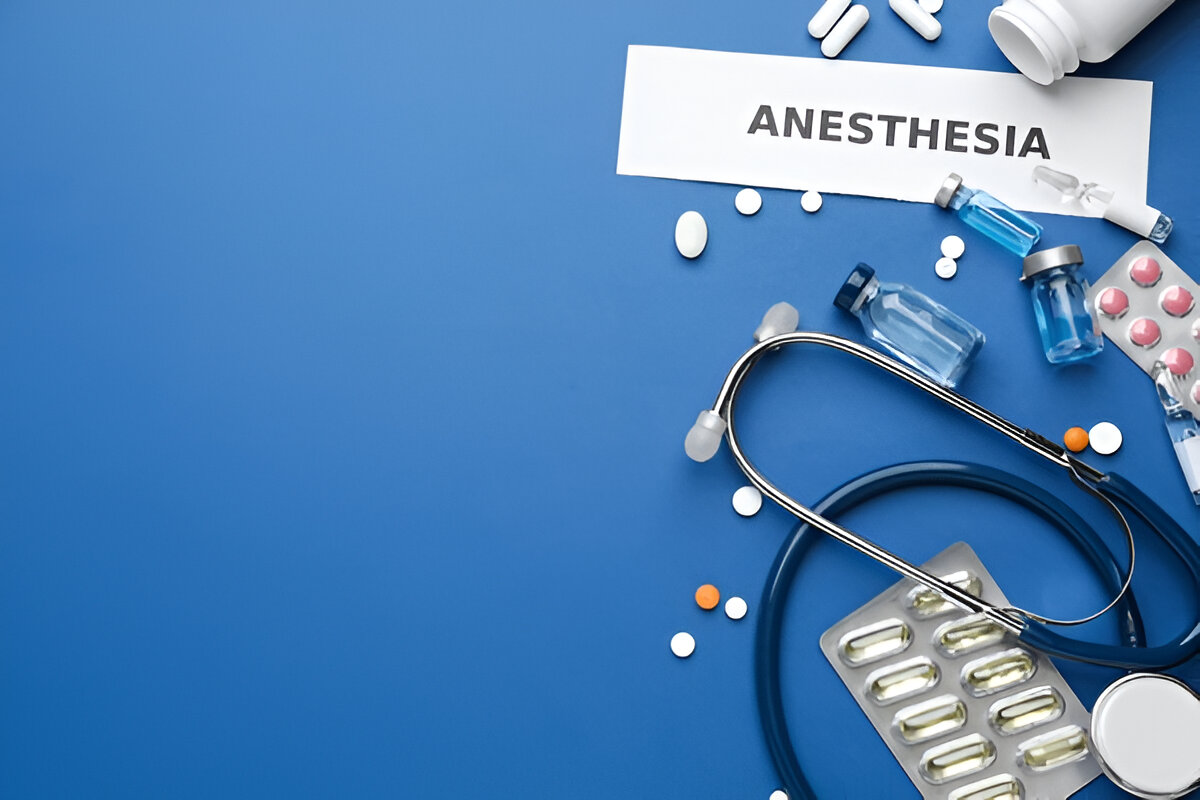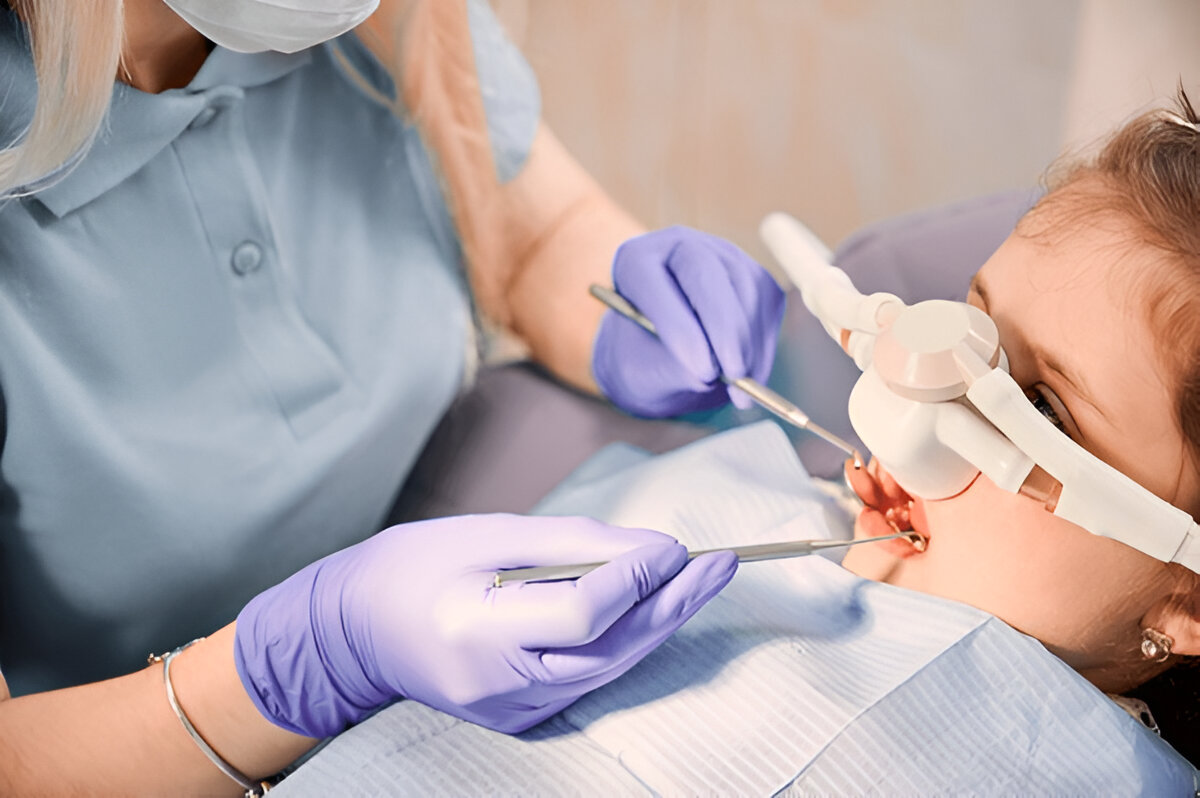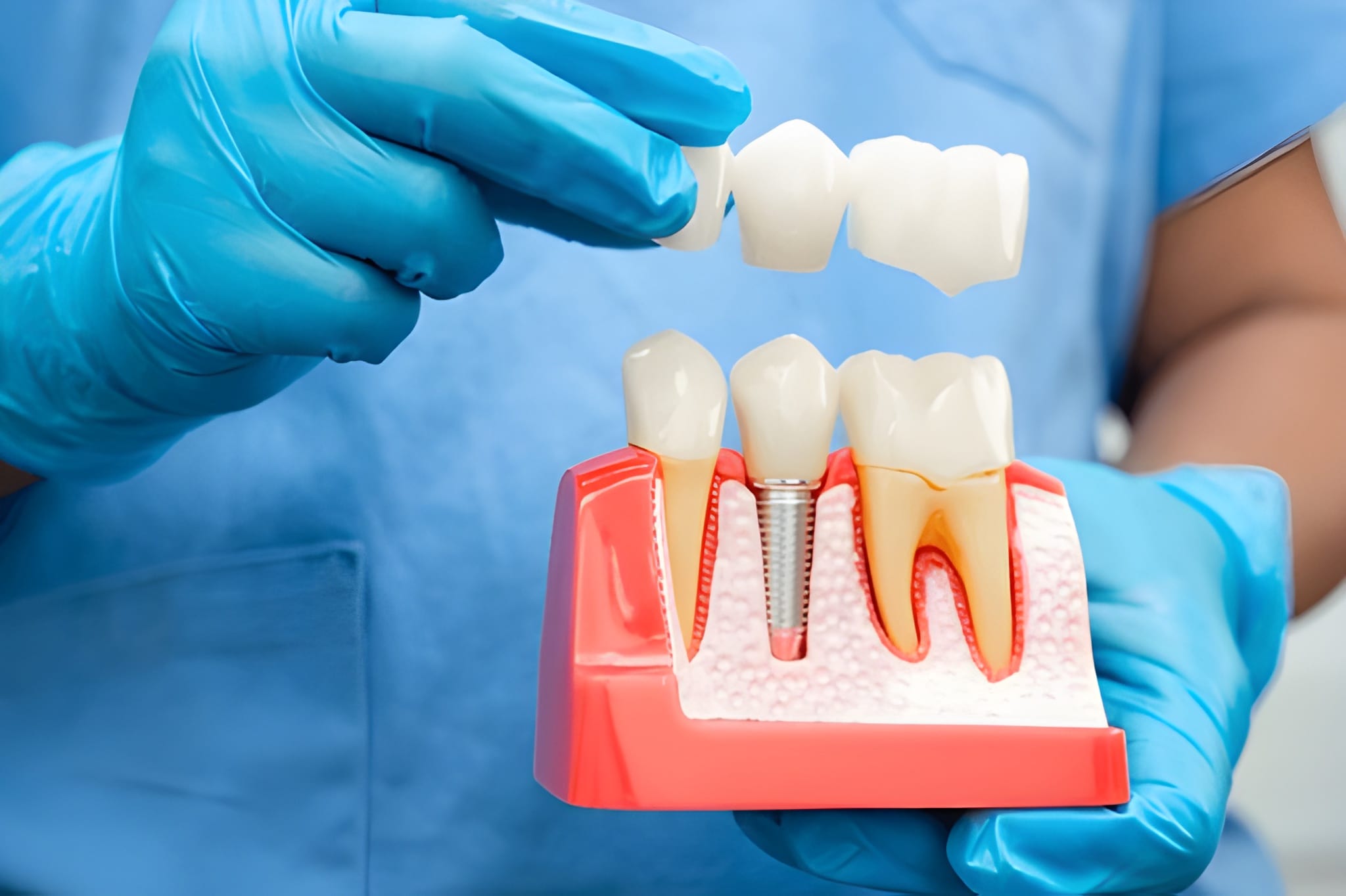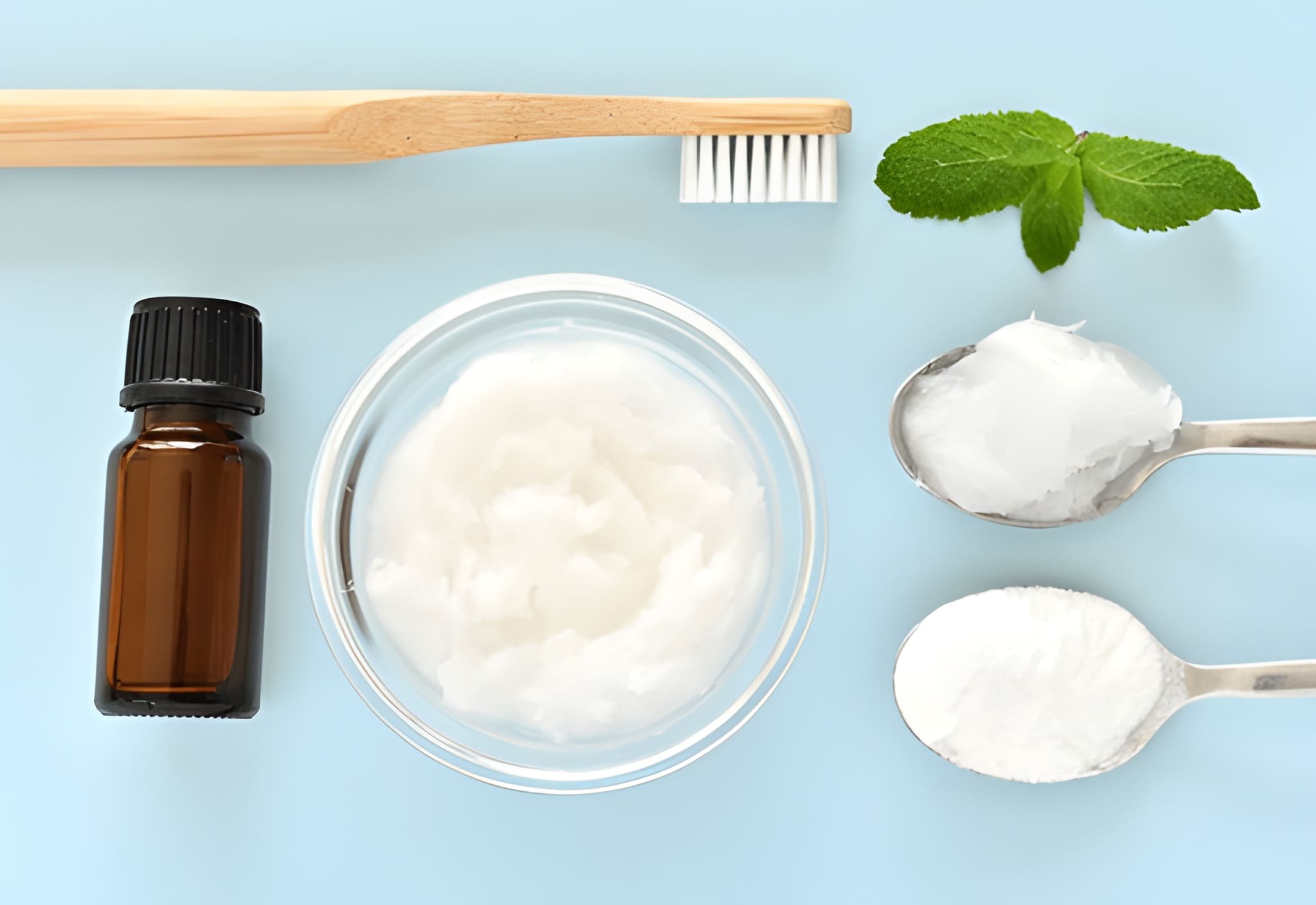Introduction: Appreciating the Need for Sedation Dentistry
Attending the dentist may be a stressful experience for most. For some patients, though, the experience is totally overwhelming. The condition may result from traumatic dental experiences in the past, fear of pain, or generalised anxiety disorder. Phrases such as “I was frightened of dentists” are more prevalent than most appreciate. Actually, a high proportion of the UK population claim some degree of dental anxiety, and a large number avoid going to the dentist routinely.
Sedation dentistry in Scotland near you has solved this problem. With this new method of patient treatment, individuals with severe anxiety can now have the care they need without the stress involved.
What is Sedation Dentistry?
Sedation dentistry is a method of using sedative drugs to relax and calm patients during dental treatments. Sedation dentistry enables patients to receive treatments that, otherwise, they would have avoided because of anxiety or fear.
There are different levels of sedation:
- Minimal Sedation: You feel relaxed but are awake.
- Moderate Sedation: You slur your words and don’t recall much about the procedure.
- Deep Sedation: You are on the brink of consciousness but can still be roused.
- General Anaesthesia: You are fully unconscious.
For anxious patients, conscious sedation—patients who are relaxed but responsive—is usually the chosen method.
Who Are Nervous Patients?
Dentists treating nervous patients tend to classify such patients as those who:
- Feel increased anxiety prior to and during their visits to the dentist
- Have a low threshold for pain
- Endure mental, cognitive, or physical disabilities that make cooperation challenging
- Need extensive dental work that might be hard to endure without sedation
- Have a history of traumatic dental experiences
These patients derive great benefit from sedation techniques suited to individual need.
Causes and Effects of Dental Anxiety
Individuals with dental phobia or anxiety typically have underlying causes like:
- Fear of needles or pain
- Helplessness or loss of control
- Past traumatic dental experience
- Embarrassment regarding oral health status
- Sensory difficulties (lights, sounds, smells)
Untreated dental fear tends to create severe dental issues. The more time individuals stay away from going to the dentist, the worse their dentures get—requiring more drastic treatment and, ultimately, more fear.
Types of Sedative Techniques in Dentistry
In order to make dental treatment possible, a number of new sedative techniques have become available:
Inhalation Sedation (Nitrous Oxide or Laughing Gas)
This is the most prevalent type of minimal sedation. It’s given through a mask over the nose and uses a sensation of euphoria and relaxation. The effects rapidly disappear, enabling patients to return to regular activities shortly after the visit.
Oral Sedation
Oral sedatives, typically benzodiazepines such as diazepam or midazolam, are swallowed one hour prior to treatment. This method is best for mild to moderate dental fear.
Intravenous (IV) Sedation
IV sedation is appropriate for patients with acute dental fear. The drug is injected directly into the blood, providing deeper and quicker relaxation. Patients are conscious but remember little or nothing about the treatment.
Intramuscular and Intranasal Sedation
These methods are employed for those patients who are not able to endure oral or IV sedation. Although uncommon, they prove to be effective, especially in dentist for anxious patients close to you in Scotland clinics.
General Anaesthesia

Reserved for patients with severe anxiety or those in need of complicated dental procedures, general anaesthesia puts the patient into complete unconsciousness. The method is usually provided in hospital environments.
Patient Selection and Preoperative Assessment
Prior to administering sedation, a thorough patient evaluation is imperative. These include:
- Complete medical history
- Current medications and allergies
- Past anaesthesia history
- Social history and support systems
A physical exam, particularly airway examination, is conducted to decide on the most appropriate level of sedation. Sedation in ASA Category 1 and 2 patients (normal or with mild systemic disease) is usually safe. Patients with greater risk need additional caution.
Who Should Not Take Sedation?
Sedation dentistry is usually safe, but it might be inappropriate for:
- Severe cardiovascular or respiratory patients
- Patients with upper airway obstructions
- Long-term psychotropic drug users
- Those who have muscular disorders such as muscular dystrophy
- Allergic patients to sedative drugs
There should be special procedures for these patients, e.g., extra airway management equipment or different treatment strategies.
Routine Sedative Agents Used in Dental Treatments
Midazolam
Very effective with rapid onset and short duration. It causes relaxation and amnesia and is best suited for short procedures.
Diazepam
A long-acting benzodiazepine for its anxiolytic and muscle relaxant effect. Most appropriate for patients with longer or more extensive treatment requirements.
Lorazepam and Triazolam
Utilized in oral sedation, both drugs possess potent anxiolytic and sedative activity with minimal depression of respiration.
Mixed combinations with nitrous oxide in some instances are utilized to maximize relaxation while decreasing the required dose.
Sedation Dentistry and Special Needs Patients
Anxious patients’ dentists need to deal with patients who have physical, intellectual, or mental impairments. These are:
- Autism Spectrum Disorders
- Cerebral Palsy
- Down Syndrome
- Alzheimer’s or other dementia
For them, non-pharmacological behavior management methods fail to work. Sedation becomes the most important facilitator of successful treatment.
Research indicates oral or IV midazolam is effective in as many as 89% of neurological disorder patients. These methods allow for full mouth rehabilitation, extractions, and even routine cleanings in patients who would otherwise not be able to stand any type of dental treatment.
Sedation Dentistry During COVID-19
The pandemic accelerated the difficulties of providing care to vulnerable populations. Elective and non-emergency procedures, particularly those involving sedation, were put on hold. This resulted in:
- A backlog in special care cases
- Increased dental morbidity among PSN (patients with special needs)
- Greater reliance on sedation to restore deteriorated oral health conditions
As clinics re-opened and new safety protocols were established, sedation dentistry near you in Scotland adapted by prioritising urgent cases and enhancing pre-op screenings.
What to Expect in a Sedation Dental Appointment
1. Pre-Procedure
- You’ll fill out a medical history and consent form
- Vital signs are taken
- The plan for sedation is discussed
- In most situations, you won’t have to fast (for conscious sedation)
2. During the Procedure
- You’ll be monitored at all times for heart rate, oxygen saturation, and responsiveness
- Treatment is performed once sedation is effective
3. After the Procedure
- You’ll recover in the clinic under observation until it is safe to go home
- You will need to be with a responsible adult
- Sleepiness can last several hours, depending on the sedative administered
Overcoming Fears: “I Was Afraid of Dentists” No More
Patient stories frequently start with the words “I was afraid of dentists” and conclude with thanks to sedation dentistry. This change is not just emotional but physical—improved oral well-being, increased self-confidence, and a return to regular dental appointments.
Having dentist for anxious patients close to you in Scotland guarantees that anxiety is no longer an obstacle to dental health.
Getting the Correct Sedation Dentist Close to You in Scotland
Selecting the best sedation dentist for you in Scotland is essential, particularly for anxious patients or those with dental fear. The same standards are not available at every dental practice. Therefore, you need to find a few important things before selecting the best practice for you.
Above all, the clinic must employ sedation-certified dentists. They have received special training to perform different sedation methods, guaranteeing your comfort and safety during the process. Their experience also enables them to evaluate your needs and decide the best form of sedation for you—oral sedation, inhalation sedation (laughing gas), IV sedation, or general anaesthesia.
Second, the clinic must be equipped with modern sedation equipment. Up-to-date monitoring devices, emergency equipment, and high-quality sedative delivery systems ensure the procedure runs smoothly and safely.
You should also consider patient reviews and testimonials. Positive feedback from other nervous patients can provide reassurance that the practice is compassionate and effective in treating dental anxiety.
Clear pricing mechanisms are also essential. Clinics must clarify the charges that go into sedation dentistry, such as consultation, type of sedation, and follow-up.
Finally, the clinic must have experience working with special needs patients. This involves recognizing both physical and psychological impediments, modifying procedures as needed, and providing extra care as may be required.
A caring, open, and friendly setting, coupled with professional skills, is key to obtaining a pleasant and anxious-free dental experience in Scotland.
Conclusion: Why Dental Scotland?
For those suffering from dental anxiety, dental phobia, or simply afraid of dentists, Dental Scotland is a caring and highly professional setting for nervous patients. With a number of clinics in Glasgow, Stirling, and Falkirk, they provide:
General NHS and Private Dentistry
- Emergency Dental Services
- Cosmetic and Restorative Treatments
Above all, Dental Scotland excels at looking after those who require a gentle, empathetic touch. Their sedation facilities and highly experienced staff make them a top recommendation for nervous patient dentists close to you in Scotland.
Choose calm, choose comfort—choose Dental Scotland.





